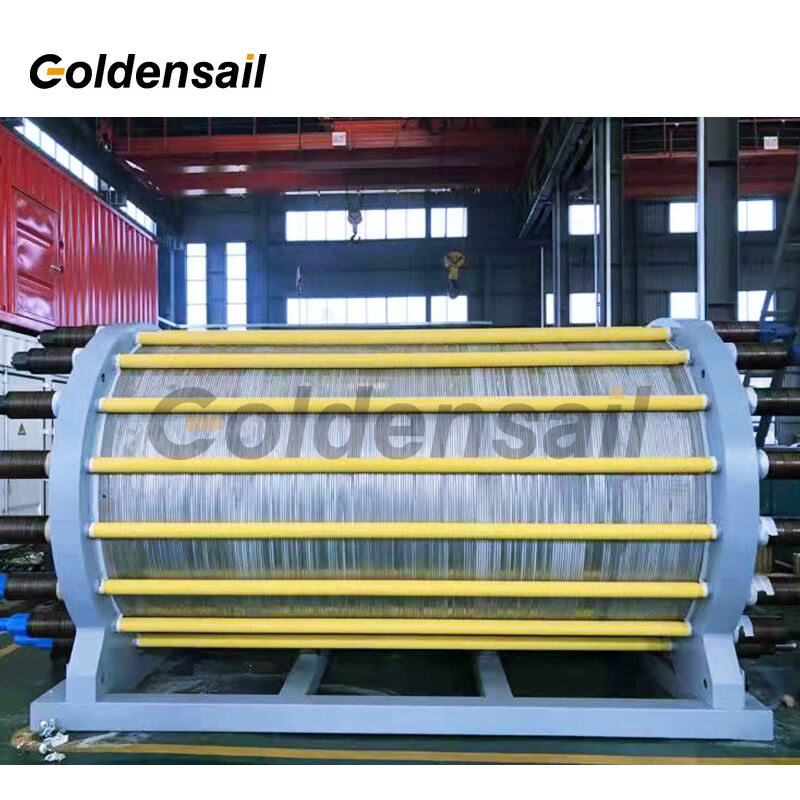Looking for a 1-1000 Nm3/h alkaline hydrogen electrolyzer? Then JINFAN is just right.
We are a first-class Alkaline Hydrogen Electrolyzer manufacturer.
Alkaline hydrogen electrolyzer is a chemical process that splits water molecules into hydrogen and oxygen gases using an alkaline electrolyte solution, typically potassium hydroxide (KOH). It involves using an electrolyzer, consisting of an anode and a cathode immersed in the electrolyte solution.
When an electric current is passed through the electrolyzer, water molecules are ionized, and hydrogen ions (H+) migrate toward the cathode while hydroxide ions (OH-) move toward the anode. At the cathode, hydrogen ions are reduced to form hydrogen gas (H2), while oxygen gas (O2) is evolved at the anode through the oxidation of water molecules. The overall process can be represented as:
2H2O(l) → 2H2(g) + O2(g)

✅ Energy Efficiency: It is known for its high energy efficiency in converting electrical energy into hydrogen gas, making it a promising technology for sustainable hydrogen production.
✅ Commercial Availability: Alkaline electrolyzers are commercially available and widely deployed in various industries for hydrogen generation, showcasing their reliability and scalability.
✅ Flexibility: The technology is adaptable to different scales of operation, from small-scale applications like hydrogen refueling stations to large-scale industrial production facilities.
✅ Green Hydrogen Production: Alkaline Water Electrolysis can be powered by renewable energy sources, producing green hydrogen with zero greenhouse gas emissions.
✅ Durability: Alkaline electrolyzers are robust and durable, with fewer operational challenges compared to other electrolysis technologies, contributing to their long-term viability and cost-effectiveness.